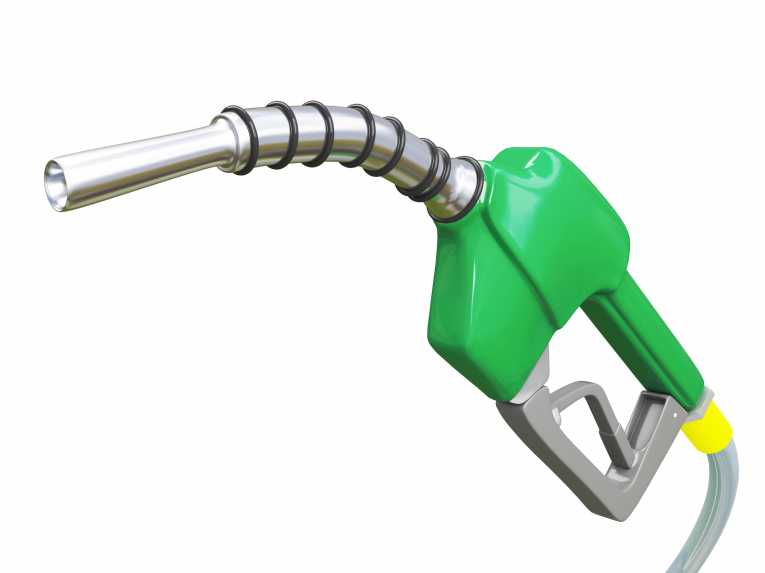Researchers at an American university have devised a way to dramatically increase the production of butanol - an environmentally-friendly alternative to diesel and gasoline - from bacteria normally seen as harmful to humans.
Researchers at the Henry Samueli School of Engineering and Applied Science at California-based UCLA say that their research could represent an important breakthrough as the world seeks new forms of fuel.
The findings, reported in the journal Applied and Environmental Microbiology, were revealed by a team led by James C Liao, UCLA's Chancellor's Professor of Chemical and Biomolecular Engineering.
During the work, the team produced 15 to 30 grams of n-butanol per litre of culture medium using genetically-engineered Escherichia coli, a significant increase on the typical one to four grams produced per litre in the past.
Although a number of microbes, including species of the bacteria Clostridium, naturally produce n-butanol, Prof Liao's team selected E. coli because it is easier to manipulate and has been used industrially in producing various chemicals.
Prof Liao, the study’s senior author, said: ''Like human beings, microbes need an incentive to work. By using E. coli, we can make it produce only the compound with no other by-products.''
Reseachers say that the next step in their research will be to transfer the study from the laboratory to develop a larger industrial process.
During that work they will be able to see if the process can be replicated on a much larger scale which would make it more commercially-viable.
The study was funded by the KAITEKI Institute Inc. of Japan, a strategic arm of Mitsubishi Chemical Holdings Corp., Japan's largest chemical company.










